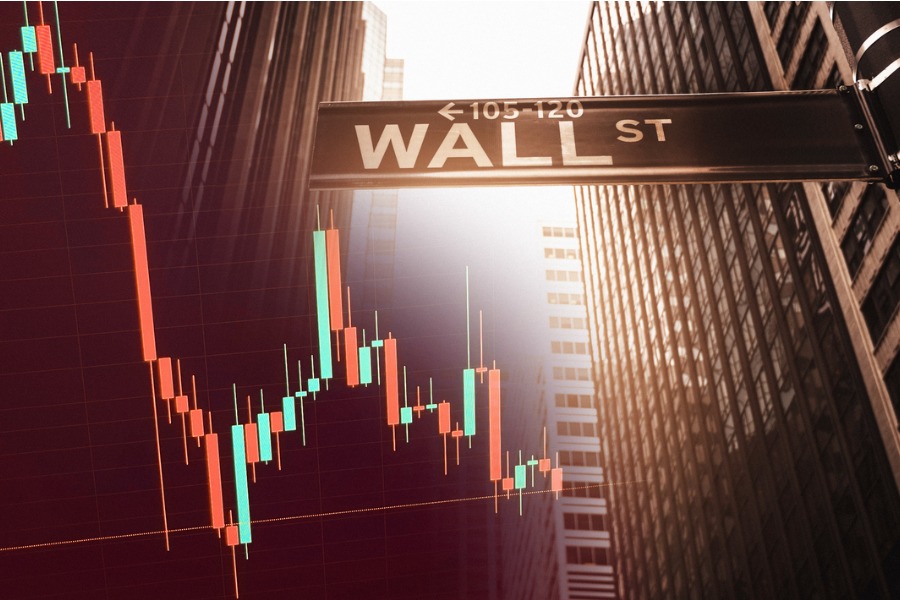

There’s a lot of responsibility involved in running a multi-billion (or sometimes trillion) dollar company, but the rewards are also huge!
A new analysis of executive bonuses reveals a general trend towards higher amounts, but in a top ten dominated by tech firms, there is just one leader from a Wall Street firm – and they are at the lower end of the rankings.
The study from stock market experts Quantified Strategies reveals that JPMorgan Chase’s Jamie Dimon is among the highest paid CEOs with an average annual bonus of more than $40 million according to analysis of financial statements, SEC filings, and public annual reports. For 2023 Dimon was paid $36 million.
However, despite an annual bonus that is closer to a lifetime’s wages for many workers, Dimon’s figure only puts him at eighth in the list of mega-earning chief executives and way behind the number one.
That honor goes to the world’s richest man, Elon Musk, whose average Tesla bonus comes in at almost $457 million, part of a groundbreaking $55 billion pay package tied to ambitious targets in market capitalization and performance milestones.
"Musk's compensation package is unparalleled in its scope and ambition," says automotive industry expert Hakan Samuelsson. "It represents a bold wager on Tesla's continued innovation and success, aligning his interests with the company’s future like never before."
While still double the compensation enjoyed by Jamie Dimon, second-placed Sundar Pichai, CEO of Google parent Alphabet, is way behind Musk on just short of $99 million, while Amazon’s Andy Jassy has to make ends meet on ‘only’ $53 million.
However, a new name is set to be catapulted into second place, as Starbucks has reportedly offered incoming CEO Brian Niccol a staggering pay package worth up to $113 million, including an $85 million sign-on bonus.
The top ten includes:
|
Rank |
CEO Name |
Company |
Average Yearly Bonus |
|---|---|---|---|
|
1 |
Elon Musk |
Tesla |
$456,797,701 |
|
2 |
Sundar Pichai |
Alphabet |
$98,929,951 |
|
3 |
Andy Jassy |
Amazon |
$53,407,804 |
|
4 |
Tim Cook |
Apple |
$46,658,974 |
|
5 |
Safra Catz |
Oracle |
$43,053,708 |
|
6 |
Satya Nadella |
Microsoft |
$42,417,577 |
|
7 |
Reed Hastings |
Netflix |
$41,286,106 |
|
8 |
Jamie Dimon |
JPMorgan Chase |
$40,624,000 |
|
9 |
Patrick P. Gelsinger |
Intel |
$37,244,160 |
|
10 |
Shantanu Narayen |
Adobe |
$34,907,765 |
Samuelsson, co-founder of Quantified Strategies, questions whether the big money paid to leaders of mega-cap companies is sustainable in the long term.
“Recent data reveals that global CEO pay increased by a median of 20.1% from 2022 to 2023, with the median total compensation reaching $29.1 million. This significant rise far outpaces wage growth for average workers, widening the already substantial income gap,” he said. “The growing use of performance-based equity awards, intended to align executive interests with company success, may unintentionally prioritize short-term gains over long-term stability.”
He added that shareholders and boards should be looking at a broader range of performance metrics beyond financial, to include employee well-being, environmental responsibility, and community impact.
“Ultimately, effective leadership isn't just about financial returns. It's about building resilient, forward-thinking organizations that create value for all stakeholders, not just shareholders,” he concluded.

Report highlights lack of options for those faced with emergency expenses.

However, Raymond James has had success recruiting Commonwealth advisors.

In a saturated market of PE secondaries and repackaged alts, cultural assets stand out as an underutilized, experiential, and increasingly monetizable class of wealth.

A complaint by the Social Security Administration's chief data officer alleges numbers, names, and other sensitive information were handled in a way that creates "enormous vulnerabilities."

The New Orleans-based 5th Circuit has sided the industry groups arguing the commission's short-selling rules exceeded its authority.
Orion's Tom Wilson on delivering coordinated, high-touch service in a world where returns alone no longer set you apart.
Barely a decade old, registered index-linked annuities have quickly surged in popularity, thanks to their unique blend of protection and growth potential—an appealing option for investors looking to chart a steadier course through today's choppy market waters, says Myles Lambert, Brighthouse Financial.
